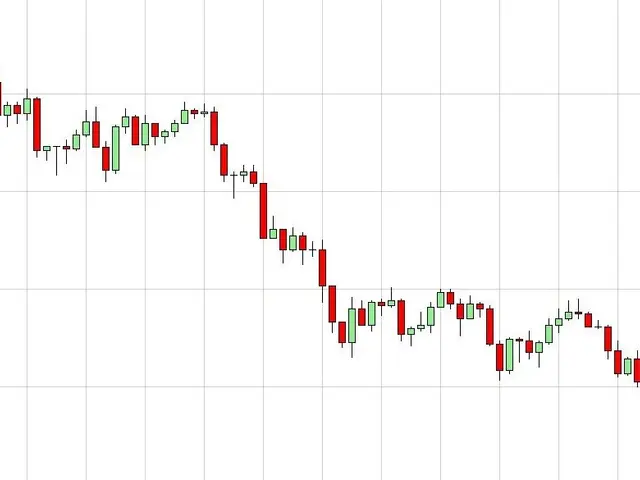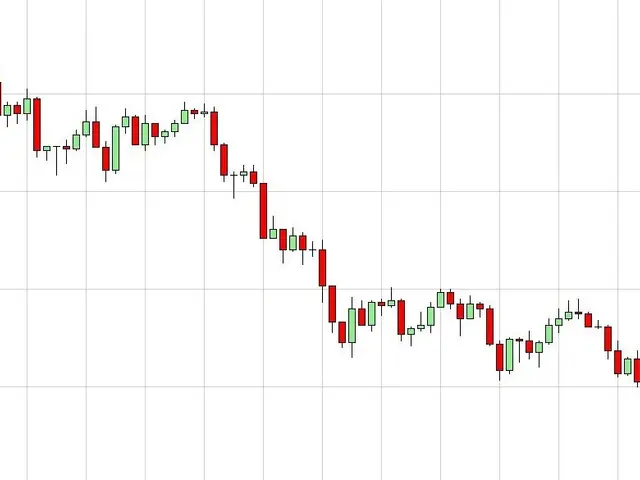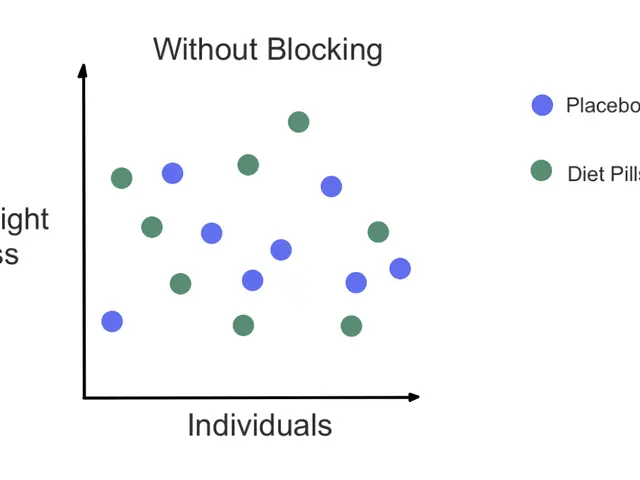Companies are speeding up the shift towards increased product prices in the name of sustainability.
Italy is making strides in transitioning to a more renewable-based electricity system, as highlighted by BayWa r.e.'s recent study, "The Decade That Matters 2.0". This transition, however, is not without its challenges.
The CEO of BayWa r.e. Italy, Alessandra Toschi, has criticised the excess bureaucracy that slows down renewable energy plants in Italy. The study reveals that grid integration, infrastructure modernization, and regulatory frameworks are key areas needing improvement.
Italy's electricity demand has decreased by 37% between 2015 and 2020, partly due to energy efficiency and decarbonization efforts. This decline has created opportunities for expanding solar power and modernizing grid infrastructure. Italy aims to achieve a solar capacity of 46 GW by 2030, with significant EU-backed incentives and investments worth nearly €9.7 billion.
However, grid integration challenges persist. The electricity grid requires substantial modernization, digitization, and storage capacity upgrades to handle variable renewable energy sources efficiently. Terna spa's €120 million funding for grid improvements in northern Italy is an example of ongoing efforts in this area.
Regulatory and incentive complexity is another barrier. While there are strong EU and state incentives, certain projects do not benefit from the same financial incentives as Italian residents, complicating project financing.
Planning and siting conflicts also pose challenges. Large-scale solar projects often face challenges balancing land use, environmental preservation, and agricultural compatibility. Innovative solutions such as agrivoltaics, which integrate solar installations with agriculture, are being explored to reconcile these interests.
Economic and policy uncertainties also hinder Italy's transition. Achieving ambitious 2030 and 2050 targets depends on stable policies, continued investments, and effective coordination between private and public sectors.
Despite these challenges, Italy is leading the world in the transition to renewable energies due to the war in Ukraine. According to the study, the energy price increase due to the war is spurring sustainability projects in Italian businesses. 96% of Italian businesses are currently using or planning to use renewable energy.
The war in Ukraine has also led many parts of the world to consider alternative fossil fuel sources to reduce dependence on Russia. The term "climate crisis" is being used more frequently in online discussions at the expense of "global warming". Between 2020 and 2022, web mentions of coal grew by 130%, and coal mentions increased by nearly 12% in 2022 compared to 2021.
However, almost 50% of Italian businesses believe the full realization of the transition to renewable energies won't happen before 2050. 54% of Italian companies anticipate a 2-3 year delay in achieving their emission zeroing targets due to the war in Ukraine.
The regulatory framework in Europe continues to represent elements of criticism, according to Alessandra Toschi. The CEO of BayWa r.e., Matthias Taft, has stated that the impacts of the climate crisis are felt globally and that humanity must adapt faster. Toschi concluded that Italy and Europe need to work harder to remove obstacles in the fight against climate change.
In conclusion, Italy is progressing steadily towards a more renewable-based electricity system, but full realization is slowed by grid infrastructure constraints, regulatory gaps, and land use complexities. The war in Ukraine has accelerated the transition to renewable energies in Italy, but challenges remain in achieving ambitious targets.
Read also:
- Unchecked Management of HP Dams Leads to Environmental Disaster: RTI Reveals
- Harnessing Magnetism's Potential: Revolutionizing Energy Production for a World Transformed
- Tension escalates within TransnetBW's network infrastructure
- EU's capability in leading the global fight against climate change while enhancing its economic standing?








